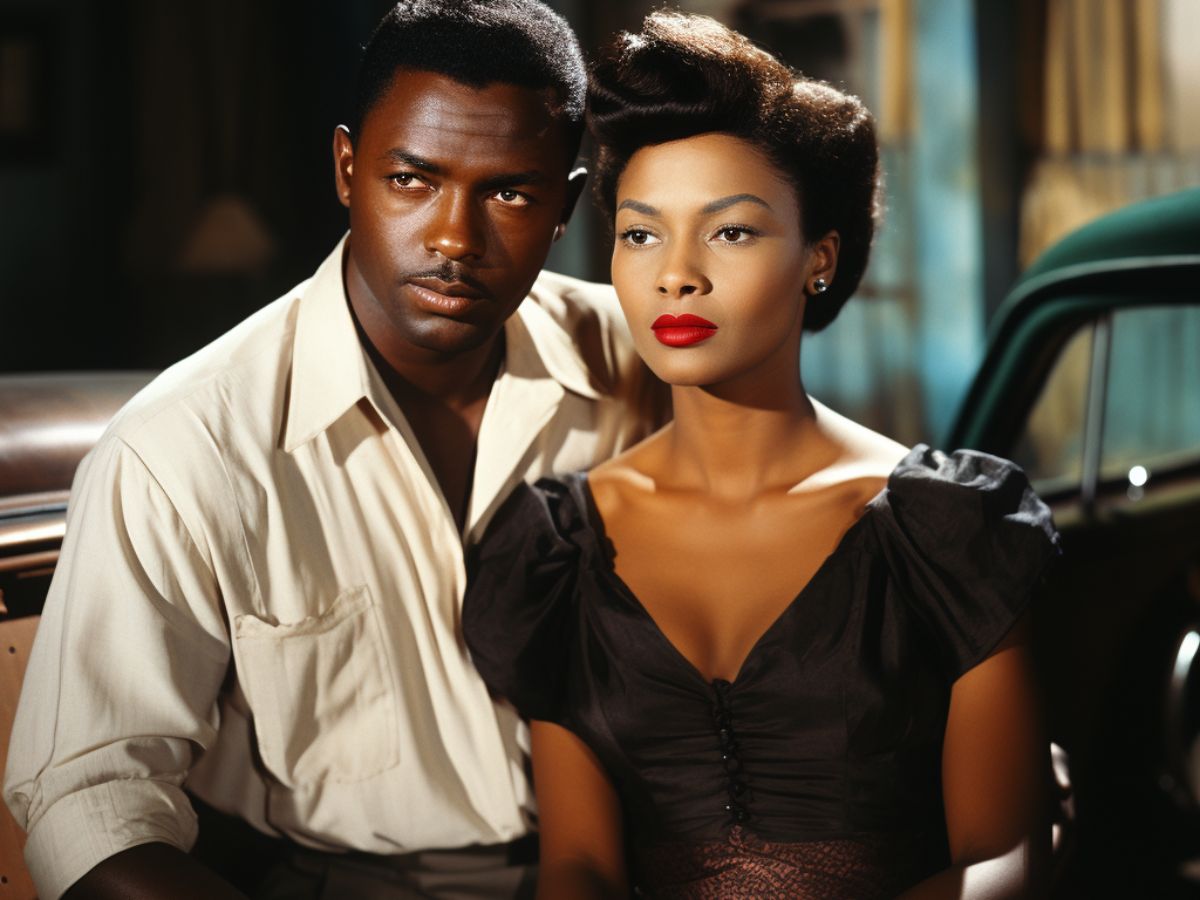
African American cinema has a rich and vibrant history that spans over a century, offering a window into the cultural, social, and political narratives of African American life. From the early days of race films produced for all-black audiences to the groundbreaking achievements in mainstream Hollywood, this cinematic tradition has played a pivotal role in shaping the portrayal of African Americans on screen. African American cinema has not only entertained but also challenged stereotypes, fostered a deeper understanding of African American experiences, and contributed significantly to the diversity of the film industry. In this introduction, we'll uncover 16 fascinating facts about African American cinema, highlighting its evolution, key figures, and landmark films that have left an indelible mark on the fabric of American culture.
The Birth of African American Cinema
African American cinema has a rich and complex history, rooted deeply in the broader narrative of American film but with its unique trajectory. This cinematic tradition has not only provided a platform for African American voices but also significantly influenced the global film industry.
- African American cinema began to gain prominence in the early 20th century, with filmmakers like Oscar Micheaux leading the way. Micheaux is often celebrated as the first major African American feature filmmaker, producing more than 44 films that explored themes of racial discrimination, identity, and the African American experience.
The Harlem Renaissance and Its Impact
-
The Harlem Renaissance, a cultural revival of African American art and literature in the 1920s and 1930s, played a crucial role in the development of African American cinema. This era brought African American culture to the forefront of American life, influencing filmmakers and audiences alike.
-
During this period, films began to depict African Americans in more diverse and complex roles, moving beyond the stereotypical portrayals that had dominated earlier cinema.
The Blaxploitation Era
-
The 1970s saw the rise of Blaxploitation films, a genre that remains controversial for its depictions of African American life but undeniably significant for its impact on cinema. These films, often characterized by their bold style and soundtracks, brought African American culture and issues to mainstream audiences.
-
Icons like Pam Grier and Richard Roundtree became household names through their roles in films like "Foxy Brown" and "Shaft," respectively, showcasing the talent and charisma of African American actors in leading roles.
Spike Lee and the New Black Wave
-
Spike Lee's emergence in the late 1980s marked a significant turning point in African American cinema. His films, known for their social commentary, complex narratives, and vibrant aesthetics, have played a pivotal role in shaping contemporary African American film.
-
"Do the Right Thing" (1989), one of Lee's most acclaimed works, is celebrated for its nuanced exploration of racial tensions in a Brooklyn neighborhood, highlighting the director's skill in blending entertainment with social critique.
The Oscar So White Controversy
-
The #OscarsSoWhite movement that gained momentum in 2015 highlighted the ongoing issues of diversity and representation in Hollywood, including the underrepresentation of African American filmmakers and actors in the industry.
-
This movement has led to increased discussions about inclusivity in cinema and has seen some progress in the recognition of African American talent in the film industry.
The Success of "Black Panther"
-
"Black Panther" (2018) represents a landmark in African American cinema and superhero films. Directed by Ryan Coogler, this blockbuster not only shattered box office records but also became a cultural phenomenon for its portrayal of African heritage and its predominantly African American cast.
-
The film's success has sparked conversations about representation in Hollywood and demonstrated the commercial and artistic viability of films centered on African American stories and characters.
Streaming Platforms and African American Cinema
-
Streaming platforms like Netflix and Amazon Prime have become significant players in promoting African American cinema, offering new opportunities for filmmakers to reach global audiences.
-
These platforms have produced and distributed a wide range of content, from documentaries to feature films, highlighting the diversity of African American storytelling.
The Future of African American Cinema
-
As technology and society evolve, so too does African American cinema. Filmmakers are increasingly using digital platforms to tell their stories, reaching wider audiences and exploring new narrative forms.
-
The rise of virtual reality and other immersive technologies offers exciting possibilities for the future of storytelling in African American cinema, promising even more innovative and engaging cinematic experiences.
-
With a growing emphasis on diversity and inclusion, the film industry is beginning to see more opportunities for African American filmmakers and actors. This trend is not only enriching American cinema but also ensuring that the stories and voices of African Americans continue to be heard and celebrated on the global stage.
A Final Curtain Call on African American Cinema
African American cinema's journey, from its early days to its current triumphs, showcases resilience, creativity, and a relentless push for representation. This cinematic landscape has given voices to stories that were once silenced, painting a vivid picture of both the struggles and triumphs within the African American community. Icons like Spike Lee and Ava DuVernay have paved the way for new talent, ensuring the narrative remains diverse and dynamic. As audiences, we've witnessed a remarkable evolution, from Blaxploitation films to groundbreaking works like Black Panther, which not only entertain but also provoke thought and inspire change. African American cinema isn't just about films; it's a movement, a testament to the power of storytelling, and a mirror reflecting societal shifts. Let's keep supporting and celebrating this vital part of American culture, for its best chapters are yet to be written.
Was this page helpful?
Our commitment to delivering trustworthy and engaging content is at the heart of what we do. Each fact on our site is contributed by real users like you, bringing a wealth of diverse insights and information. To ensure the highest standards of accuracy and reliability, our dedicated editors meticulously review each submission. This process guarantees that the facts we share are not only fascinating but also credible. Trust in our commitment to quality and authenticity as you explore and learn with us.


